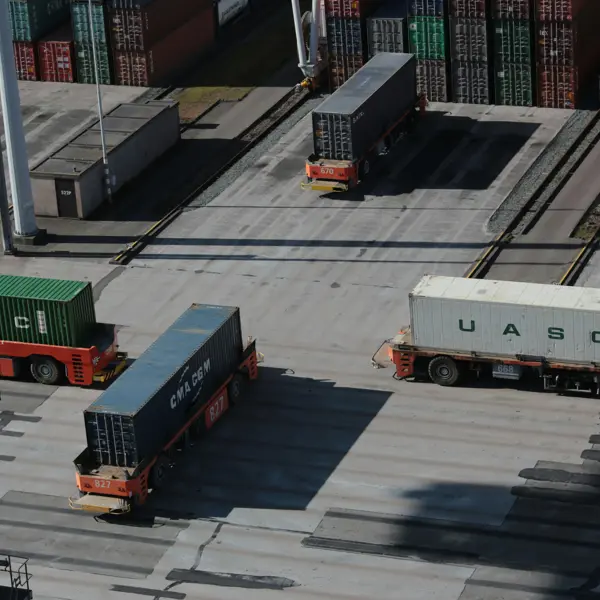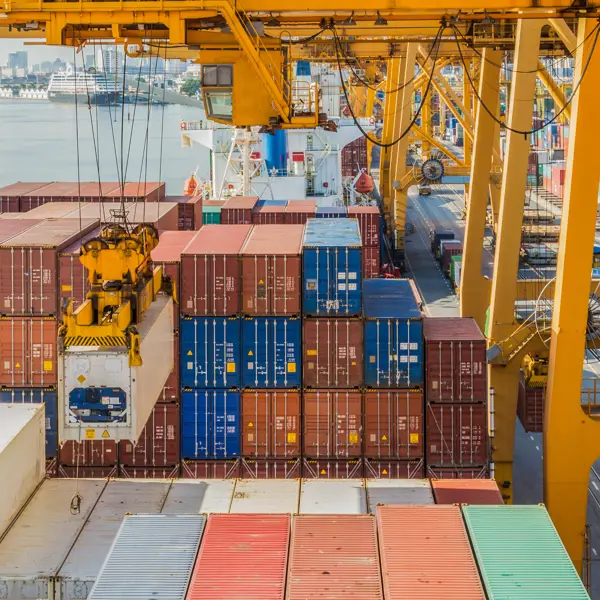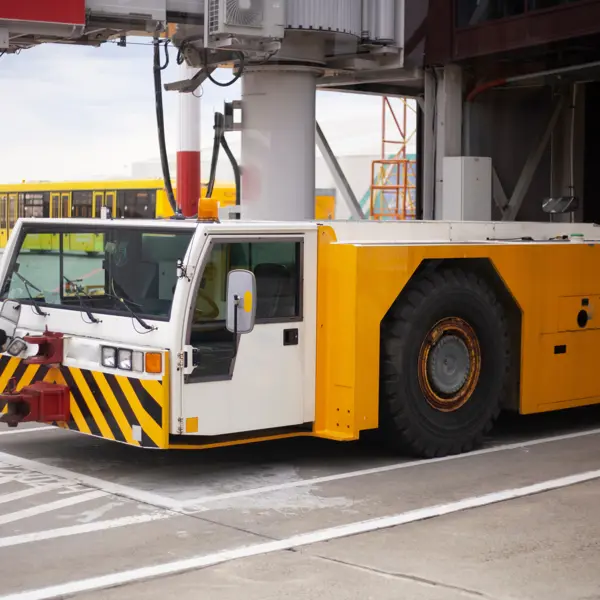In global logistic service providers, this is achieved by the integration of:
Manual Finance is Slowing Down Logistics. Here's the Fix.
Meet the new era of automation, agility, and decision-ready data.
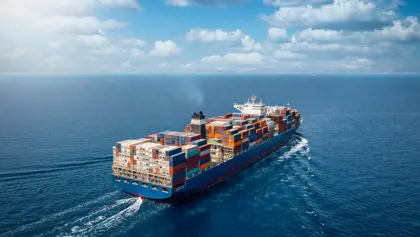
Change is sweeping through the global logistics sector, and finance teams can no longer afford to operate the old way.
It's time to start the autonomous finance journey, today.
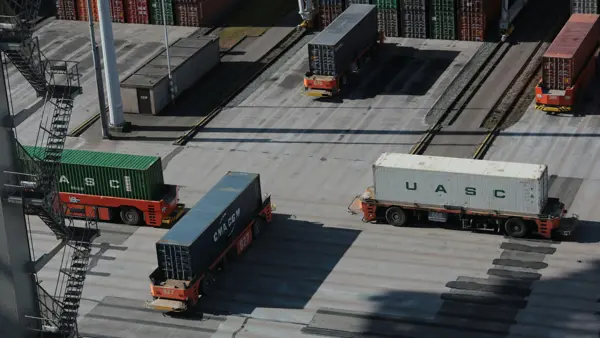
Why Finance Must Lead in Global Logistics
As economic and geopolitical pressures drive market volatility, global logistics firms are among the first to feel the impact.
Combined with the traditionally narrow margins of the industry, this uncertainty means finance departments must lead with predictive insights, proactive risk management, and strategic guidance—fast.
Many finance teams are expected to increase their strategic impact , without access to modern systems that deliver real-time insights.
At the same time, finance leaders in global logistic firms must also manage complex challenges such as mergers and acquisitions, global compliance, and operational fragmentation.
Remaining competitive requires balancing:
- financial volatility,
- proactive strategy,
- and global complexity.
Achieving this all without sacrificing the bottom line requires integrated systems, automation, and (agentic) AI.
Enter: modern, autonomous finance.
What is Modern Finance?
Modern Finance refers to the use of technologies to reduce manual tasks, improve accuracy, improve cost efficiency, and enable real-time insights.

Real-Time Analytics

Automation
Machine Learning
AI & Agents
Autonomous finance is already transforming the role of finance teams in the logistics sector, freeing them from manual tasks such as data entry, reconciliation, and provisioning.
By unburdening finance teams from these routine tasks, Modern Finance systems allow teams to focus on value-adding activities such as forecasting, scenario planning, and strategic advising.
See How Terberg Unified Finance Across 14 Countries
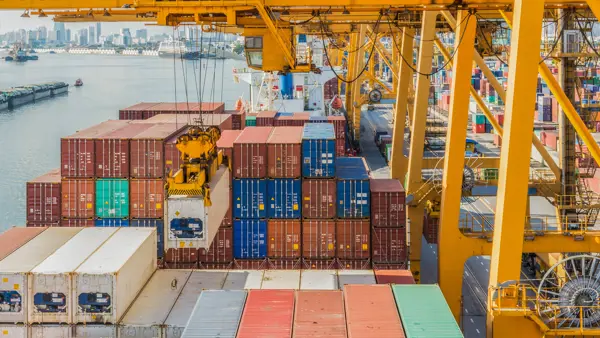
Why Adopt Modern Finance Now?
Global logistics is moving faster than ever—and finance must keep up.
In 2025, finance leaders can’t afford to wait days or weeks for reports. Modern finance platforms deliver answers in seconds. The time to modernize is now.
1. Outpaced by Your Own Supply Chain?
The entire global logistics industry undergoing rapid digital transformation, often referred to as “FreightTech.”
The global digital freight matching market is projected to be worth $247.58 billion by 2030, according to a 2024 report.

From AI-infused customer portals to real-time transport tracking, logistics operations are becoming smarter, faster, and more connected.
But while front-end logistics has evolved, finance often lags behind, remaining reliant on manual processes, siloed systems, and delayed reporting.

This disconnect is no longer sustainable. Automated, global logistics demands equally automated, global finance, including:
- billing,
- reconciliation,
- cross-border compliance,
- forecasting,
- and more.
As logistics operations accelerate, finance must keep pace, or the organization risks inefficiencies, delays, and competitive disadvantages.
2. Why Your B2B Clients Expect B2C-Level Speed
Technology isn’t the only thing moving fast.
The past years have seen a rapid rise of B2C-level customer experiences for B2B customers. Recent reports indicate that up to 80% of B2B customers expect suppliers to interact with them in real time.
Transparency and Visibility
Including up-to-the-minute tracking and billing across shipments.

Accelerated Billing Cycles
Billing and payment processes increasingly need to match the speed of today’s logistic operations.
Seamless Cross-Border Services
Clients expect international operations to run smoothly, with no surprises in customs, duties, or invoicing.
Real-Time Support
Delayed invoicing or manual errors can reduce trust and damage relationships long-term.
3. Over 30% of Your Competitors Are Already Automating. Are You?
For global logistic service providers, the cost of standing still is rising fast.
According to a 2025 Gartner report, 38% of supply chain-intensive companies plan to implement intelligent automation in logistics, distribution, or production within the next three years.
Early modern finance adopters are already gaining ground as they:
- reduce overheads,
- streamline reporting,
- and navigate compliance
...all with greater agility and precision.
In a sector faced with thin margins, volatile costs, and multi-entity complexity, modern, autonomous finance isn’t just a nice-to-have, it’s a necessary competitive edge.
Firms that move early won’t just keep up—they’ll set the pace.
Case Study
From 7 ERPs to One Modern System: How Terberg Modernized Finance Across Borders

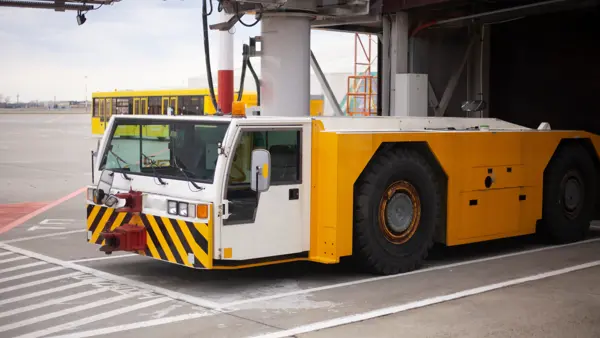
With logistics embedded in its global manufacturing operations, Royal Terberg Group faces many of the same finance challenges as logistic service providers (LSPs). With 32 subsidiaries in 14 countries and seven different ERP systems, their finance landscape was fragmented and difficult to scale.
To move forward, Terberg partnered with HSO and Microsoft to modernize their finance systems using Dynamics 365.
But this wasn’t just a technology upgrade—it was a strategic overhaul. They introduced business process owners to align operations across countries, standardized core processes, and used Power Platform to create intuitive tools for frontline teams.
The result: a more unified, agile finance function capable of supporting global operations with real-time data and fewer manual touchpoints.
While their journey began before the advent of autonomous finance, it laid the groundwork for it.
By harmonizing systems and streamlining workflows, Terberg created the kind of finance architecture that enables automation, insight, and scale.
Explore more use cases by reading the Whitepaper: Finance Transformation in Global Logistics.
For global logistics firms navigating similar complexity, Royal Terberg Group's story is proof that modernization is not only possible—it’s essential.
Access Our Whitepaper With 3 Transformation Frameworks and 6 ROI Benchmarks
Download the whitepaper with four proven use cases tailored for global logistics.
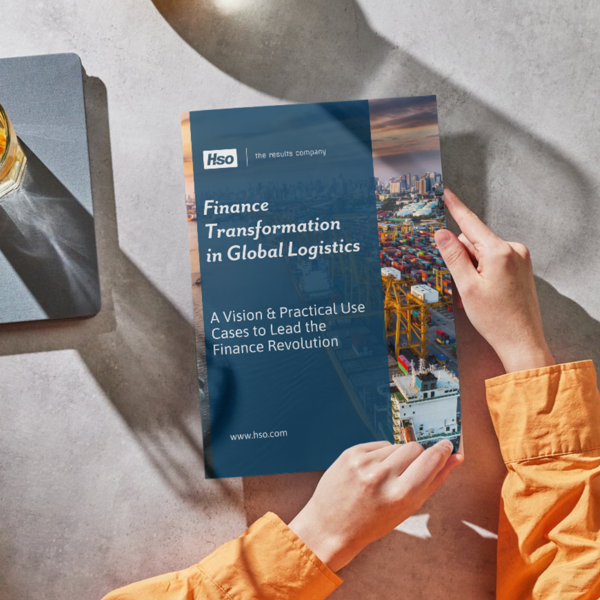
Read more
Discover More About Modern Finance in Global Logistics Service Providers
Contact Us For a Personalized Roadmap to Modern Finance

